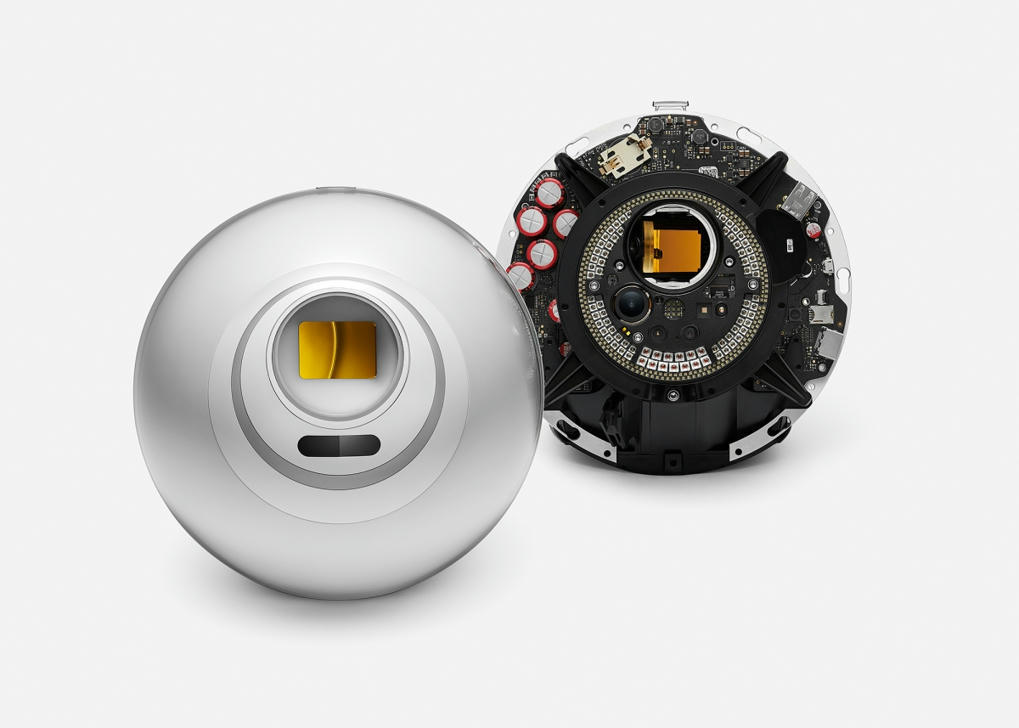
Fake virtual identities are nothing new. The ability to so easily create them has been both a boon for social media platforms — more “users” — and a scourge, tied as they are to the spread of conspiracy theories, distorted discourse and other societal ills.
Still, Twitter bots are nothing compared with what the world is about to experience, as any time spent with ChatGPT illustrates. Flash forward a few years and it will be impossible to know if someone is communicating with another mortal or a neural network.
Sam Altman knows this. Altman is the co-founder and the CEO of ChatGPT parent OpenAI and has long had more visibility than most into what’s around the corner. It’s why more than three years ago, he conceived of a new company that could serve first and foremost as proof-of-personhood. Called Worldcoin, its three-part mission — to create a global ID, a global currency and an app that enables payment, purchases and transfers using its own token, along with other digital assets and traditional currencies — is as ambitious as it is technically complicated, but the opportunity is also vast.
In broad strokes, here’s how the outfit, still in beta and based in San Francisco and Berlin, works: To use the service, users must download its app, then have their iris scanned using a silver, melon-sized orb that houses a custom optical system. Once the scan is complete, the individual is added to a database of verified humans, and Worldcoin creates a unique cryptographic “hash” or equation that’s tied to that real person. The scan isn’t saved, but the hash can be used in the future to prove the person’s identity anonymously through the app, which includes a private key that links to a shareable public key. Because the system is designed to verify that a person is actually a unique individual, if the person wants to accept a payment or fund a specific project, the app generates a “zero-knowledge proof” — or mathematical equation — that allows the individual to provide only the necessary amount of information to a third party. Some day, the technology might even help people to vote on how AI should be governed. (A piece in the outlet IEEE Spectrum better spells out the specifics of Worldcoin’s tech.)
Investors eager to be in business with Altman jumped at the chance to fund the outfit almost as soon as it was imagined, with Andreessen Horowitz, Variant, Khosla Ventures, Coinbase and Tiger Global providing it with $125.5 million. But the public has been more wary. When in June 2021, Bloomberg reported that Altman was at work on Worldcoin, many questioned its promise to give one share of its new digital currency to everyone who agreed to an iris scan. Worldcoin said it needed to be decentralized from the outset so it could deliver future currency drops as part of universal basic income programs. (Altman has long predicted that AI will generate enough wealth to pay every adult some amount of money each year.) From Worldcoin’s perspective, the crypto piece was necessary. Yet some quickly deemed it another crypto scam, while others questioned whether a nascent startup collecting biometric data could truly secure its participants’ privacy.
Altman later said the press owed to a “leak” and that Worldcoin wasn’t ready to tell its story in 2021. Now, reorganized under a new parent organization called Tools for Humanity that calls itself both a research lab and product company, the outfit is sharing more details. Whether they’ll be enough to win over users is an open question, but certainly, more people now understand why proving personhood online is about to become essential.
Read the full article at: techcrunch.com